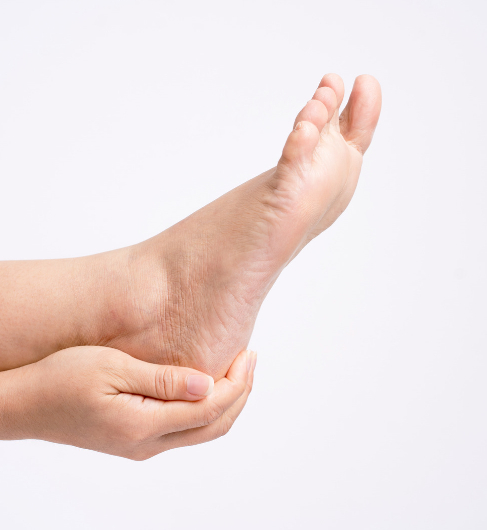What is Osteomyelitis?
Osteomyelitis is an infection of the bone. It is necessary that it be treated early to clear out the infection and avoid impairment to the bone. The two possible access procedures include primary blood infection or maybe secondary infection following an infection anywhere else in the body, and an injury or wound that allows the bacteria to reach the bone. It is an illness that affects about 2 out of every 10,000 people.
Osteomyelitis is an ailment that can get worse if it was left untreated. Also, during proliferation, bones can lose access to blood supply and eventually cause bone tissue loss. As an uncommon, yet serious illness, it is most likely that the bones can become infected through multiple of ways including via the bloodstream, or more ordinarily via a medium like a surgical procedure or an open fracture.
Who does Osteomyelitis affect?
Osteomyelitis can affect both children and adults, nevertheless it is often less critical in children. With children, the acute osteomyelitis they have is actually easier to treat, and it heals fast. Children often experience this ailment in their legs or arms.
However, in adults, they can experience either acute cases of osteomyelitis or chronic ones. Adults with illnesses like vascular conditions, diabetes, or compromised immune systems are more prone to osteomyelitis. The areas most affected in adults include the pelvis, the feet, or the vertebrae of the spine.
Symptoms of Osteomyelitis
The symptoms of osteomyelitis include:
- Localised bone pain
- Reduced movement of the affected body part
- The overlying skin may be red, swollen and hot
- The overlying skin may contain pus
- Spasms of associated muscles
- Unexplained weight loss
- General malaise
- High temperature
- Excessive sweating
- Chills.
Risk factors
Here are some risk factors that may add to a person’s susceptibility to osteomyelitis:
- Long term skin infections.
- Inadequately controlled diabetes.
- Poor blood circulation (arteriosclerosis).
- Risk factors for poor blood circulation, which include cigarette smoking, high blood pressure, diabetes and high blood cholesterol.
- Immune system deficiency.
- Prosthetic joints.
- The use of intravenous drugs.
- Sickle cell anaemia.
- Cancer.
Are you experiencing this condition or any other foot problems? One of our chiropodist/podiatrist can assist and then recommend what treatment options are best to get you back on track. ✅ Schedule an appointment here or you may call us at 44 (0) 207 101 4000. 📞
We hope you have a feetastic day! 👣☀️
-The Chelsea Clinic and Team




